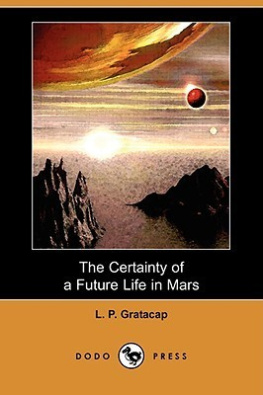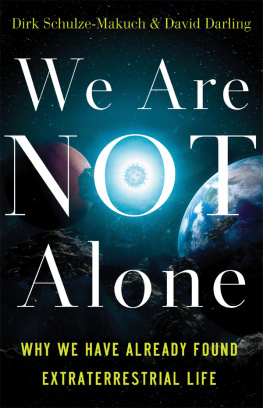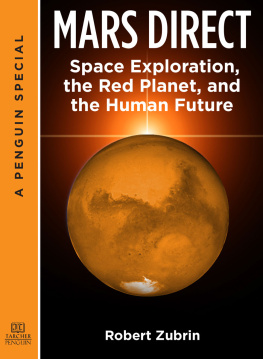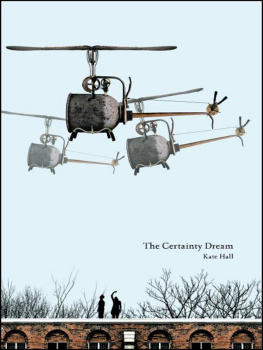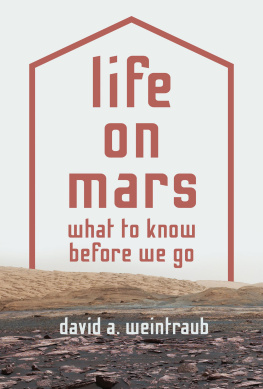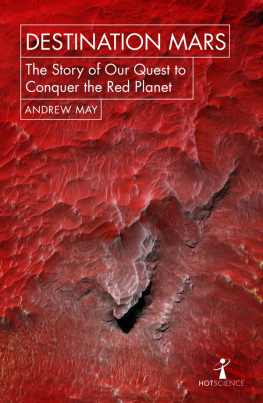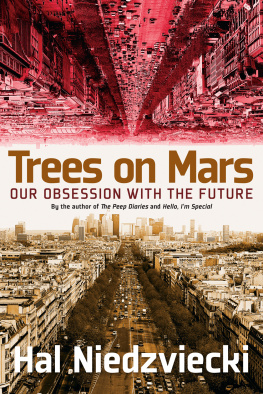Project Gutenberg's The Certainty of a Future Life in Mars, by L. P. Gratacap
This eBook is for the use of anyone anywhere at no cost and withalmost no restrictions whatsoever. You may copy it, give it away orre-use it under the terms of the Project Gutenberg License includedwith this eBook or online at www.gutenberg.net
Title: The Certainty of a Future Life in Mars
Author: L. P. Gratacap
Release Date: August 25, 2004 [EBook #13289]
Language: English
*** START OF THIS PROJECT GUTENBERG EBOOK FUTURE LIFE IN MARS ***
Produced by Suzanne Shell, Charlene Taylor and PG DistributedProofreaders
The Certaintyof a FutureLife in Mars
Being the Posthumous Papers of
BRADFORD TORREY DODD
EDITED BYL.P. GRATACAP
BRENTANO'S1903
PARISCHICAGOWASHINGTONNEW YORK
PREFACE BY EDITOR.
The extraordinary character of the story here published, which somepeculiar circumstances have fortunately, I think, put into my hands,will excite a curiosity as vivid as the incidents of the narratives arethemselves astonishing and unprecedented. To satisfy, as far as I can, afew natural inquiries which must be elicited by its publication, I begto explain how this unusual posthumous paper came into my possession.
It was written by Bradford Torrey Dodd, who died at Christ Church, NewZealand, January, 1895, after a lingering illness in which consumptiondeveloped, which was attributed to the exposure he had experienced inreceiving some of the wireless messages his singular history details. Iwas not acquainted with Mr. Dodd, but some information, acquired sincethe reception of his manuscript, has completely satisfied me, that,however interpreted, Mr. Dodd did not intend in it the perpetration ofa hoax. His scientific ability was undoubtedly remarkable, and the factsthat his father and himself worked in an astronomical station nearChrist Church; that his father died; that his acquaintance with theDodans was a reality; that he did receive messages at a wirelesstelegraphic station; that he himself and his assistants fully accreditedthese messages to extra-terrestrial sources, are, beyond a doubt, easilyverified.
A mutual friend brought me Mr. Dodd's papers, which I looked over withincreasing amazement, culminating in blank incredulity. On rereadingthem and considering the usefulness of giving them to the public, I havebeen influenced by two motives, the desire to satisfy the ferventlyexpressed wish of the writer himself and the reasonable belief that ifthey are preposterously improbable their publication can only furnish anew and temporary and quite harmless diversion, and that if Mr. Dodd'sexperiment shall be in some future day successfully repeated his claimsto distinction as the first to open this marvelous field ofinvestigation will have been honorably and invincibly protected.
L.P. GRATACAP.
CONTENTS.
Posthumous Papers of Bradford Torrey Dodd
Note by Mr. August Bixby Dodan
Note by the Editor
The Planet MarsBy Giovanni Schiaparelli
POSTHUMOUS PAPERS
OF
BRADFORD TORREY DODD.
THE CERTAINTY
OF
A FUTURE LIFE IN MARS.
CHAPTER I.
In the confusion of thought about a future life, the peculiar factsrelated in the following pages can certainly be regarded as helpful.Spiritualism, with its morbid tendencies, its infatuation and deceit,has not been of any substantial value in this inquiry. It may afford tothose who have experienced any positive visitation from another world avery comforting and indisputable proof. To most sane people it is ahumiliating and ludicrous vagary.
At the conclusion of a life spent rather diligently in study, and inassociation especially with astronomical practice and physicalexperiments, I have, in view of certain hitherto unpublished facts,decided to make public almost incontrovertible evidence that in theplanet Mars the continuation of our present life, in some instances, hasbeen discovered by myself. I will not dwell on the astonishment I havefelt over these discoveries, nor attempt to describe that felicity ofconviction which I now enjoy over the prospect of a life in anotherworld.
My father was the fortunate possessor of a large fortune, which freedhim of all anxieties about any material cares, and left him to pursuethe bent of his inclination. He became greatly interested in physicalscience, and was also a patron of the liberal arts. His home was storedwith the most beautiful products of the manufacturer's skill in fictilearts, and on its walls hung the most approved examples of the painter'sskill. The looms of Holland and France and England furnished him withtheir delicate and sumptuous tapestries, and the Orient covered hisfloors with the richest and most prized carpets of Daghestan andTrebizond, and of Bokhara.
But even more marked than his love for art was his passion for physicalscience. His opportunities for the indulgence of this taste wereunlimited, and the reinforcement of his natural aptitude by his greatmeans enabled him to carry on experiments upon a scale of the mostmagnificent proportions. These experiments were made in a largebuilding which was especially built for this object. It contained everyfacility for his various new designs, and in it he anticipated manyadvances in electrical science and in mechanical devices, which havemade the civilization of our day so remarkable. I recall distinctly as aboy his ingenious approximation to the telephone, and even the recentadvances in wireless telegraphy, which has been the instrumentality bywhich my own researches in the field of interplanetary telegraphy havebeen prosecuted, had been realized by himself.
It was in the midst of a life almost ideally happy that the blow fellwhich drove him and myself, then a boy and his only child, into aretirement which resulted in the discoveries I am about to relate. Myfather's devotion to my mother was an illustration of the most beautifuland tender love that a man can bear toward a woman. It was adoration.Though his mind was employed upon the abstruse questions of physicswhich he investigated, or edified by new acquisitions in art, all hisknowledge and all his pleasure seemed but the means by which heendeavored to gain her deeper affection. She indeed became his companionin science, and her own just and well regulated taste constantlyfurnished him new motives for adding to his wide accumulations of art.
I can recall with some difficulty the day when with my father in a roomimmediately below the bedroom in which my mother was confined he awaitedthe summons of the doctors to see his wife for the last time. It was arainy day, the clouds were drifting across a dull November sky. Throughan opening in the trees then leafless, the Hudson was visible, even thenflaked with ice, while an early snow covered the sloping lawn andwhitened the broad-limbed oaks. I remember indistinctly his leading meby the hand through the hallway up the stairs, and softly whispering tome to be quite still, entered the large room dimly lit where my mother,attended by a nurse and a doctor, lay on the white bed. I remember beingkissed by her and then being led from the room by the nurse. My fatherdoubtless lingered until all was over, and the dear associate of hislife, whose tenderness and charity had made all who approached hergrateful, whose genial and appreciative mind had supplied the stimulusof recognition he needed for his own studies, passed away. After that Iseemed dimly to recall a period of extreme loneliness when I was left incharge of a private instructor, while my father, as I later learned,bewildered by his great loss, and temporarily driven into a sort ofmadness, wandered in an aimless track of travel over the United States.
Next page
